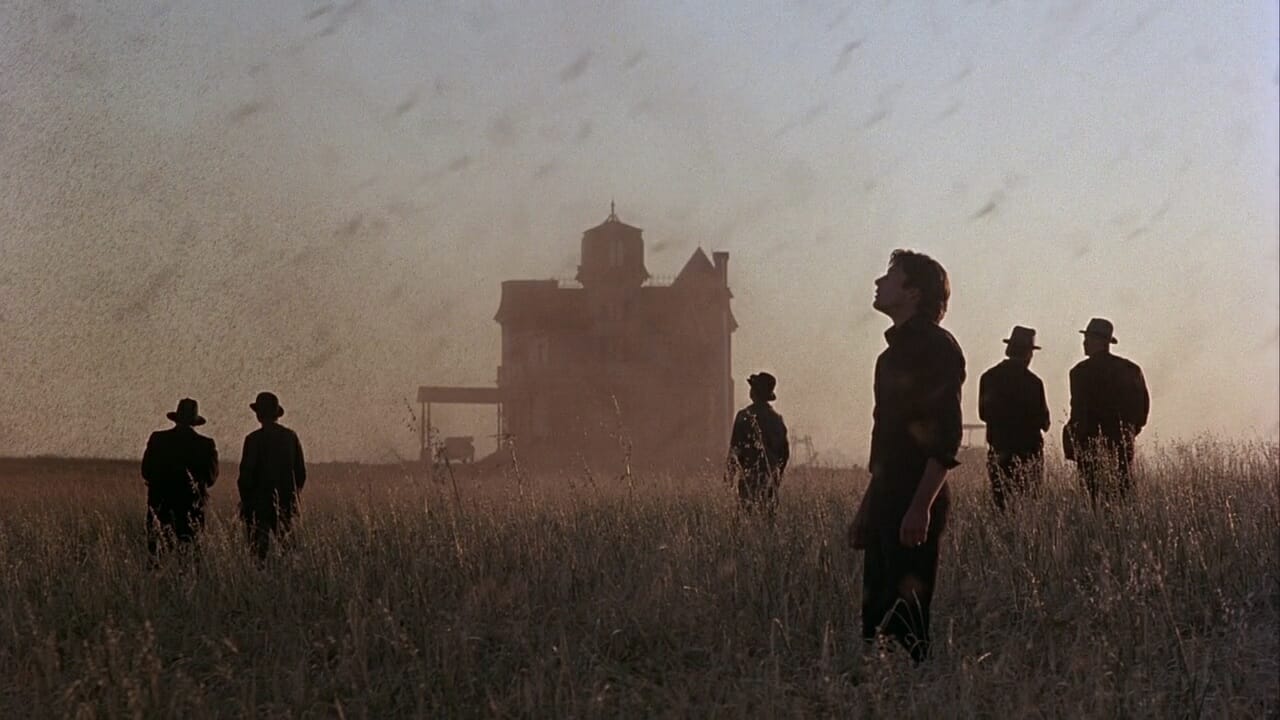-
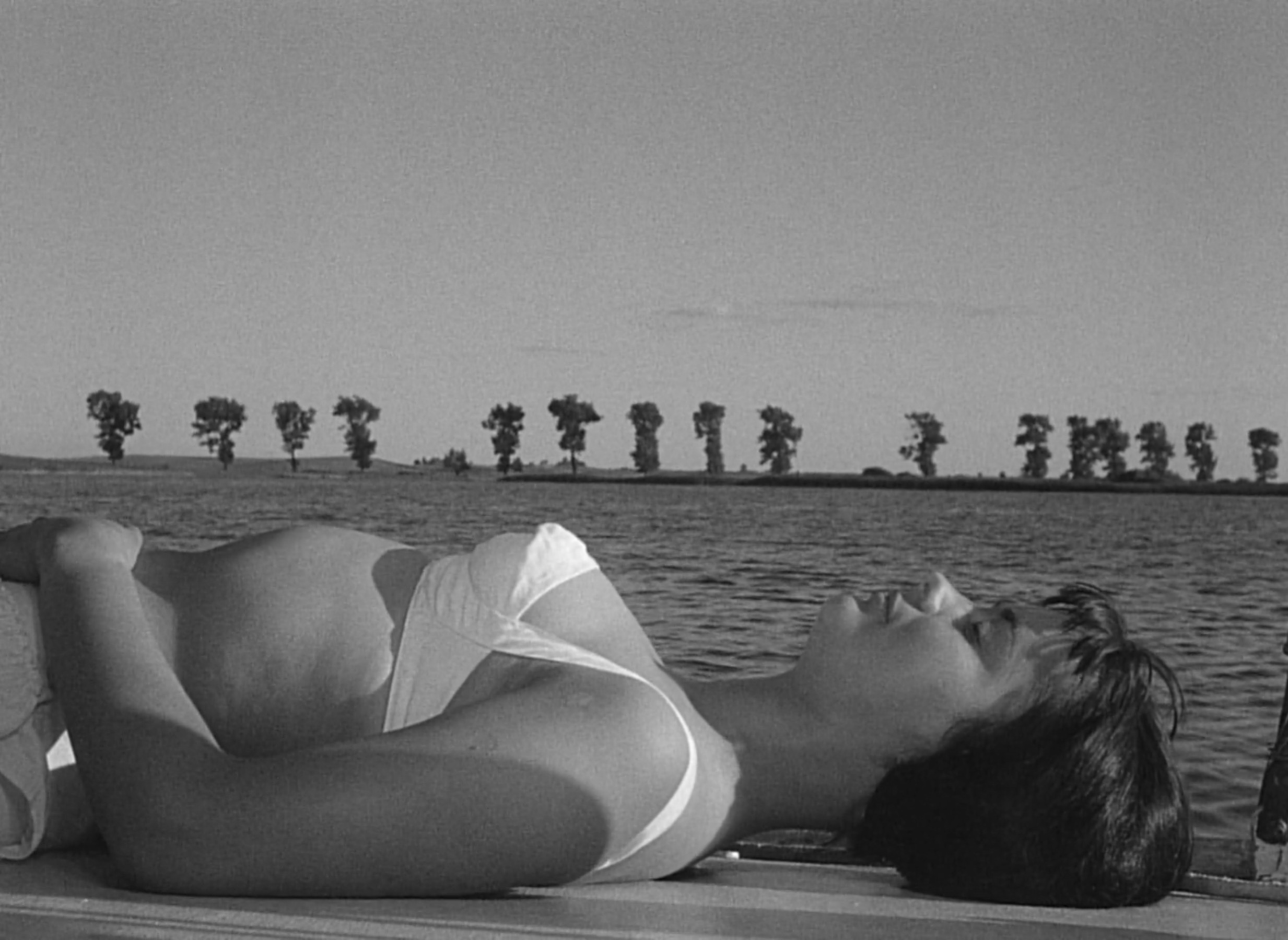
Knife in the Water (1962)
Although the hitchhiker in Knife in the Water is spontaneously invited along as a plaything on a wealthy couple’s yacht, the insecurity he sparks transcends class boundaries, as Roman Polanski acutely stages a series of power plays that slowly strips away pretensions of dignity and moral character.
-

Furiosa: A Mad Max Saga (2024)
A return to the Mad Max series once again turbocharges George Miller with raw, high-octane vigour, as Furiosa expands its demented, post-apocalyptic wasteland to remarkably expansive proportions, and gives us even greater reason to admire its titular warrior as a force of undistilled willpower.
-
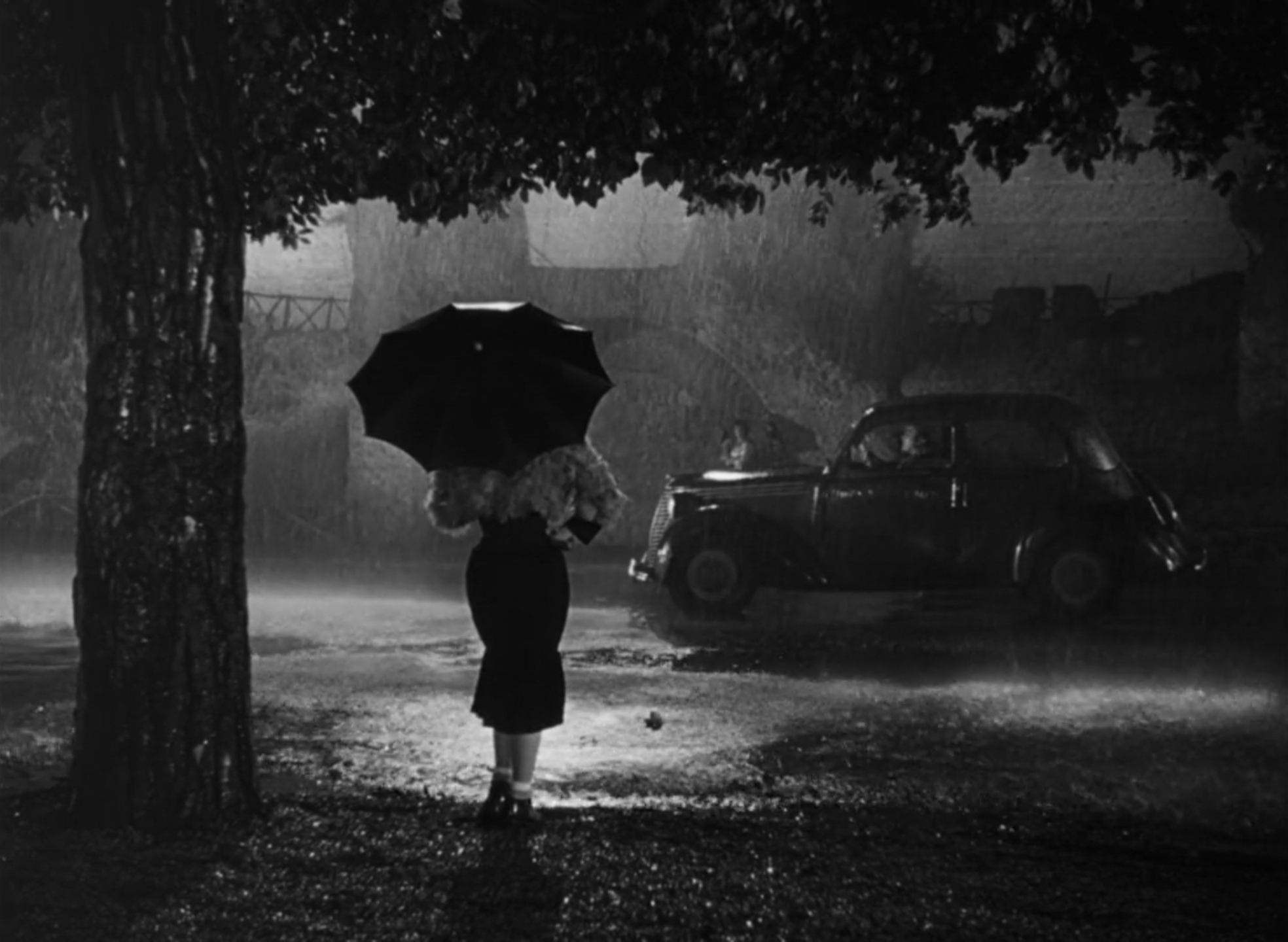
Nights of Cabiria (1957)
With an intelligent employment of religious and demonic imagery at hand, Federico Fellini and Giulietta Masina craft one of the most indelible cinematic characters of the 1950s, allowing us an empathetic vessel through which we contemplate the religious hypocrisies and class struggles of post-war Italy.
-

The Fall Guy (2024)
David Leitch’s satirical tribute to Hollywood’s most undervalued profession is clearly a labour of love for the former stuntman, as The Fall Guy leads one such daredevil into a conspiracy laden with fights, chases, and pyrotechnics, and celebrates that especially resilient breed of performer with a wry tinge of self-awareness.
-

Repulsion (1965)
At the core of Repulsion’s surreal, psychological horror, Roman Polanski centres a woman with an inexplicable revulsion towards men, eerily surrounding her repressed trauma with psychosexual symbols while she desperately tries to contain the resulting damage to her mind, home, and whoever dares to cross the threshold into either.
-
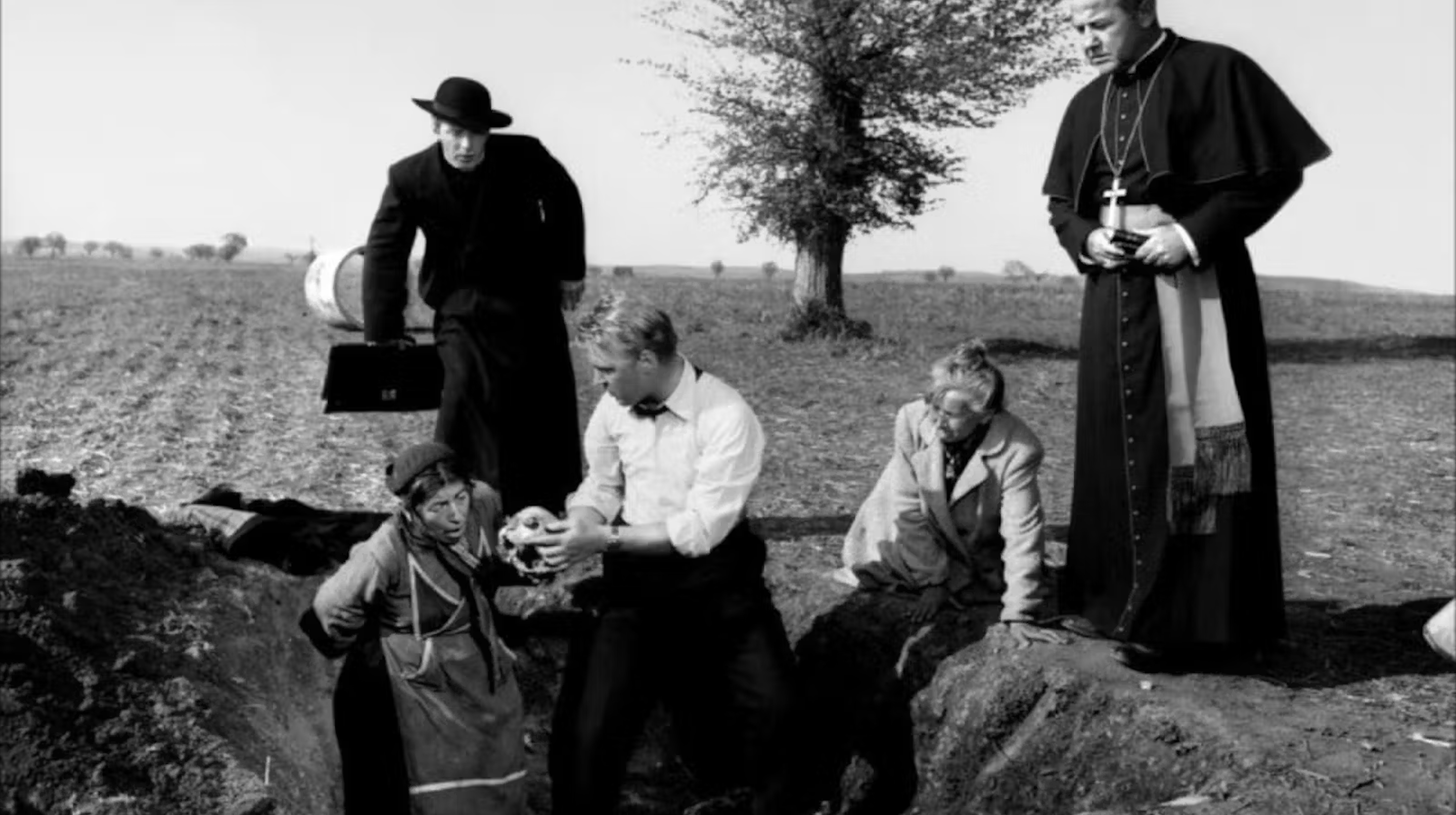
Il Bidone (1955)
Rocky is the path to redemption in Il Bidone’s modern parable of morality and corruption, but so too is it spiritually purifying, as Federico Fellini strips back the lies of a professional swindler to uncover the grace that lies dormant in even the most dishonest man.
-
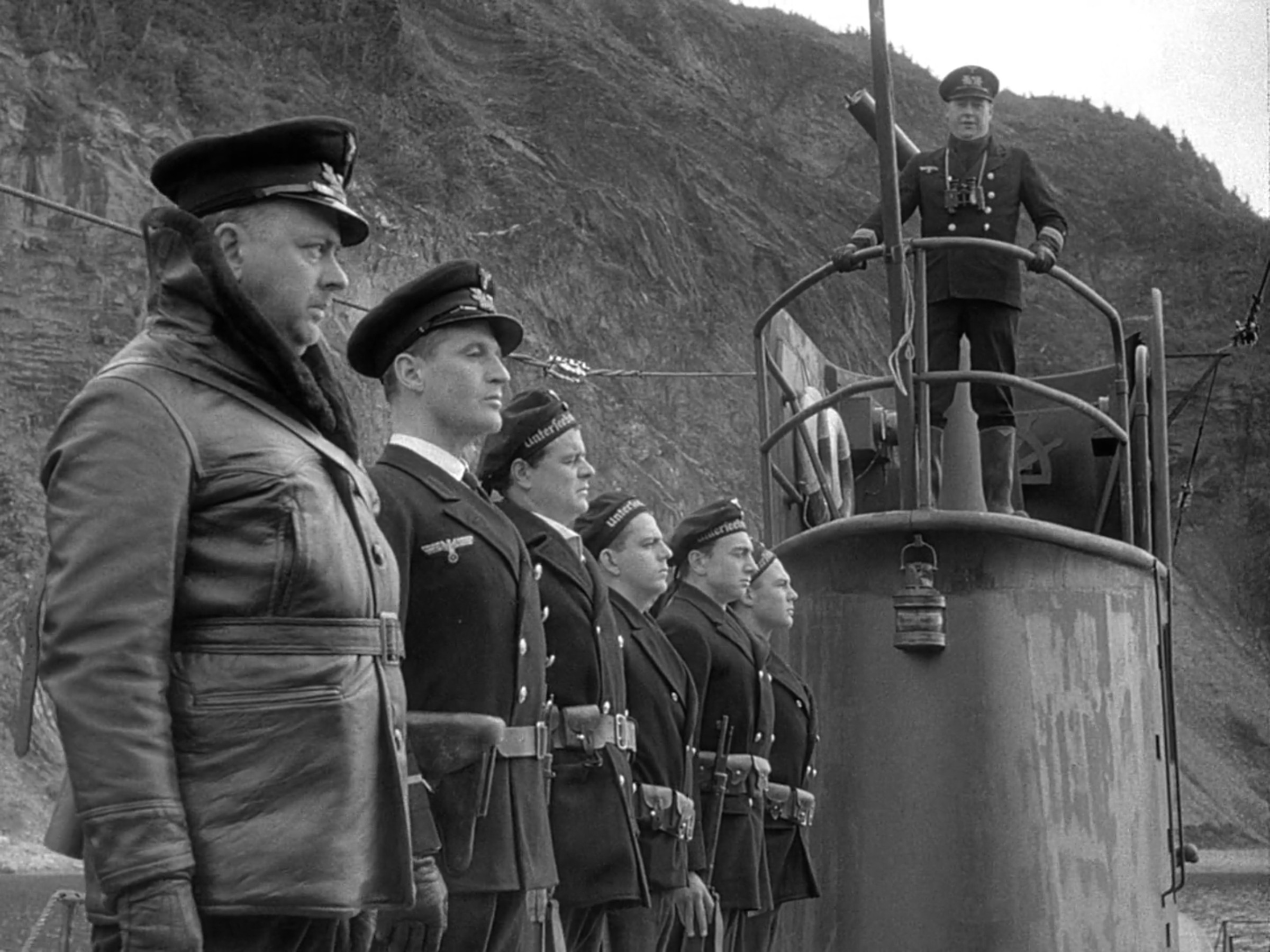
49th Parallel (1941)
It takes a communal sense of justice, democracy, and moral fortitude among the everyday civilians of 49th Parallel to not only pick off the six Nazi fugitives who have been stranded in Canada, but also to thoroughly undermine the hateful ideology which they represent, as Michael Powell’s wartime fable spurs the western world to make…
-
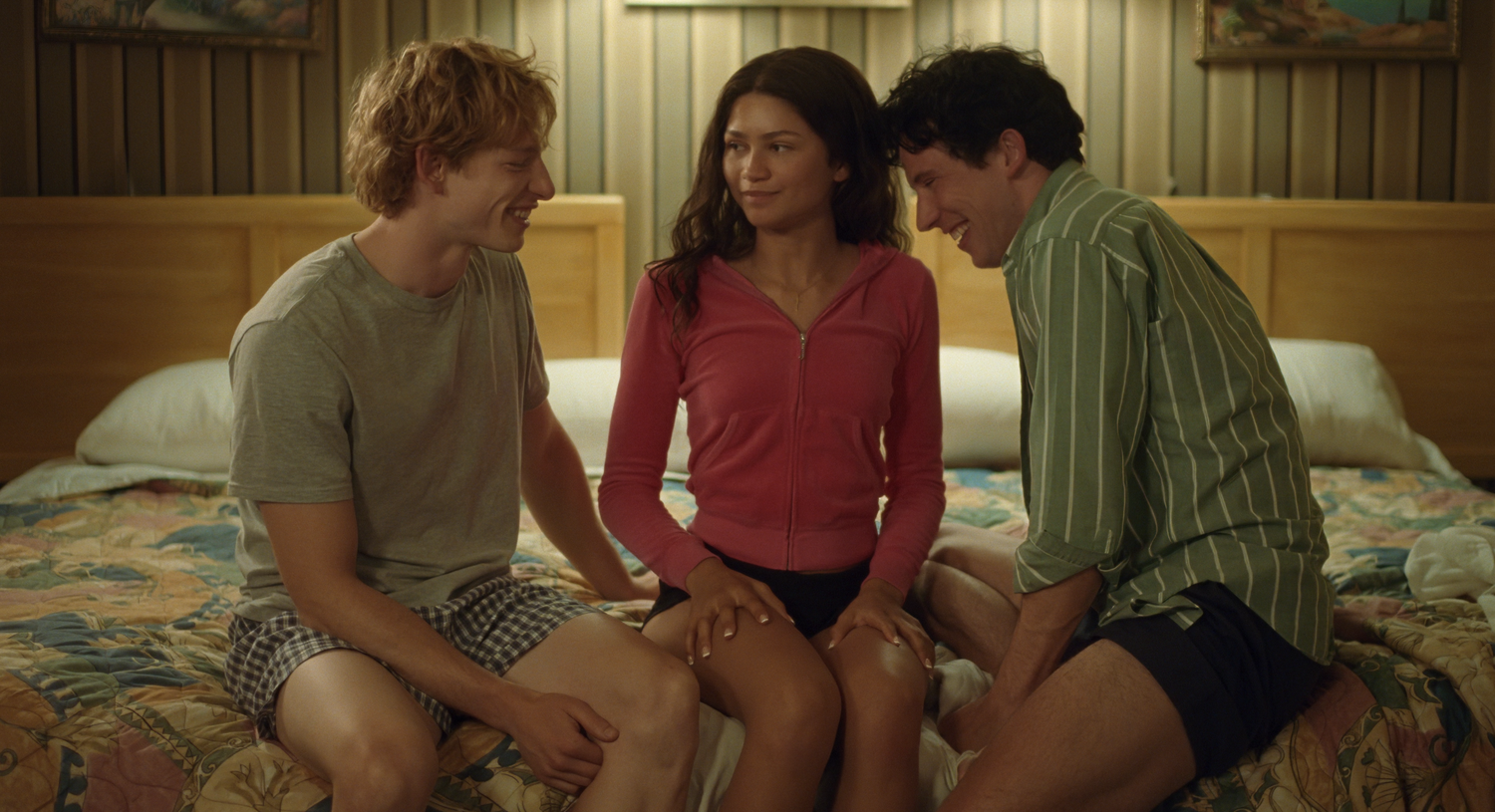
Challengers (2024)
Tennis may be a relationship according to the grand metaphor of Challengers, though by exploring the complicated entanglement of love, lust, and loathing between three rivals, Luca Guadagnino uncovers an even more sensual desire for intimate connection that can only be found in the midst of heated competition.
-
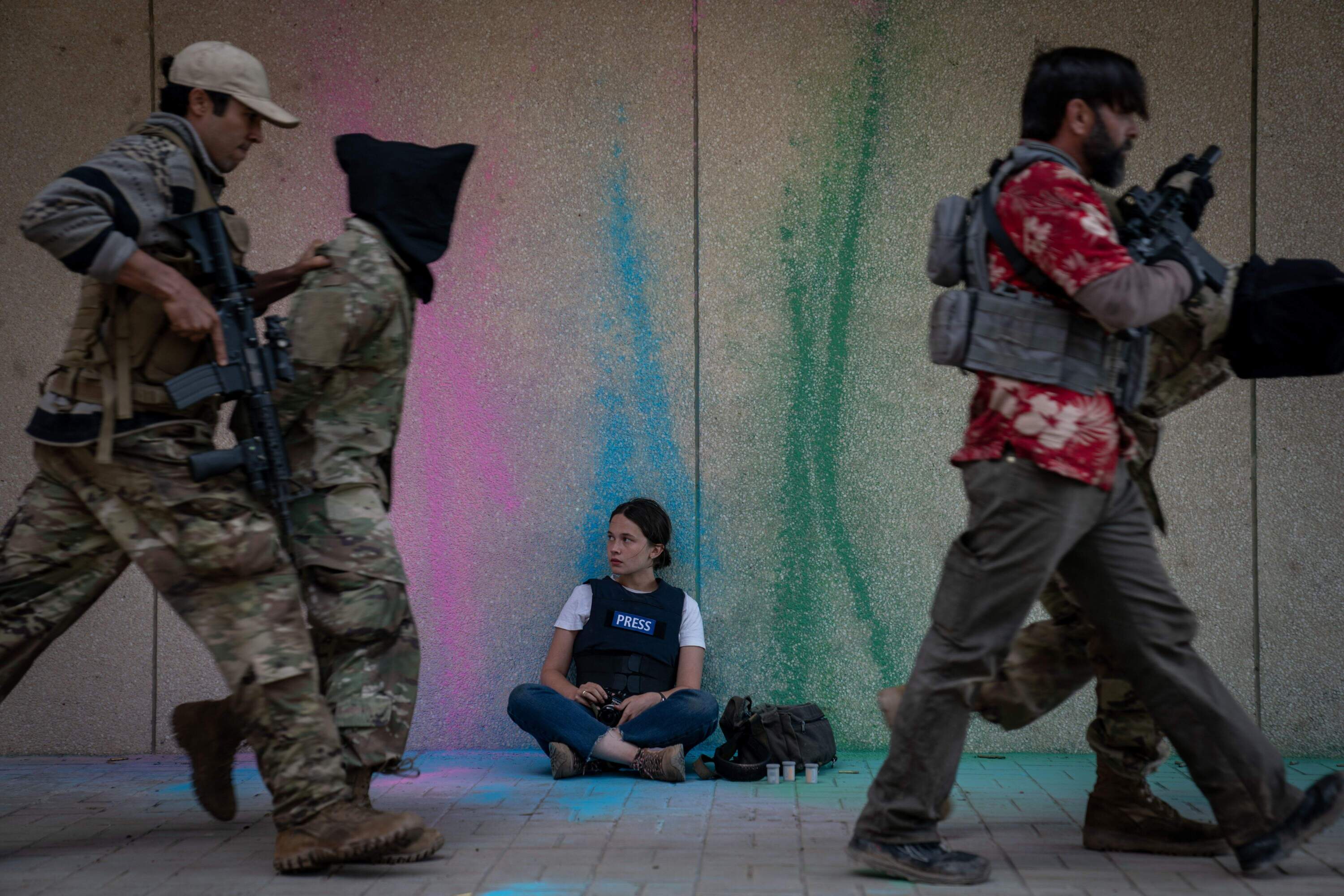
Civil War (2024)
It is necessary for any photojournalist to maintain a level of remote objectivity in the face of visceral trauma, and yet as Alex Garland sets media crew on a gruelling odyssey across a dystopian, divided America in Civil War, it seems that the camera lens is but a fragile filter keeping them from total psychological…
-
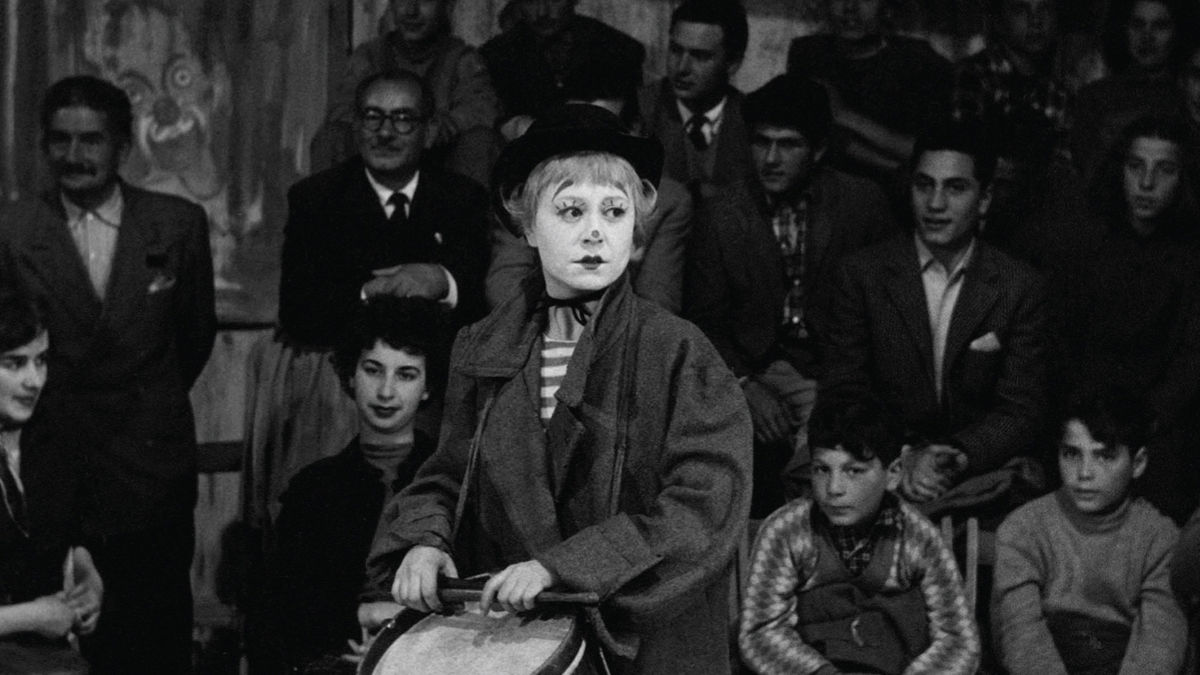
La Strada (1954)
Federico Fellini may hold deep affection for the clowns of commedia dell’arte, but just as integral to La Strada’s tale of survival and wonder is the hardship that haunts a post-war Europe, extinguishing the laughter which only barely lingers in the childlike joy of one tragically naïve circus performer.
-
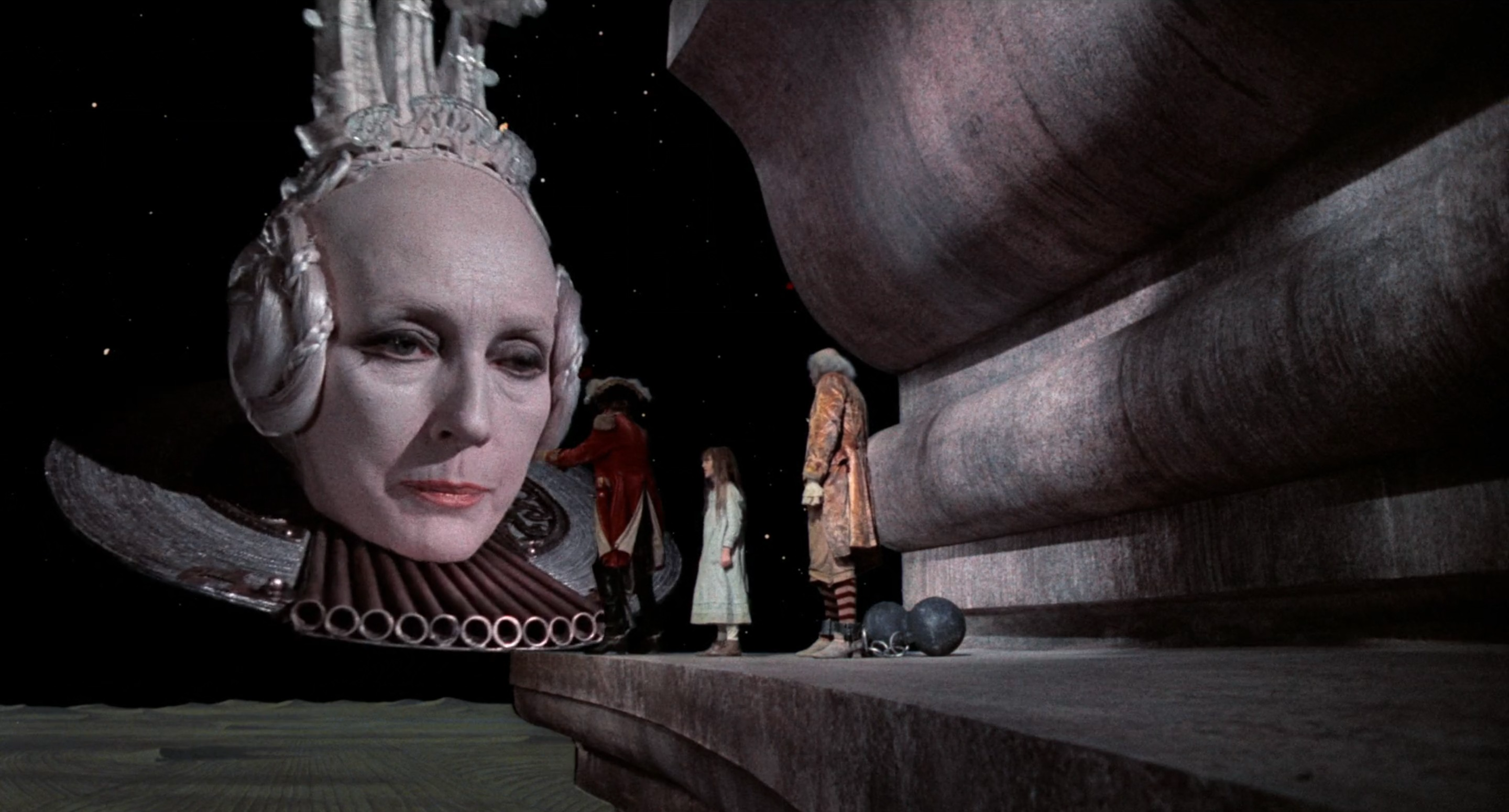
The Adventures of Baron Munchausen (1988)
Whether Terry Gilliam’s mischievous storyteller in The Adventures of Baron Munchausen is a hero, a liar, or both, he is undoubtedly a man who can reach the hearts of those who listen, constructing magnificently surreal worlds of aliens and gods that place him right alongside history’s greatest mythical figures.
-

I Vitelloni (1953)
The young, juvenile men of I Vitelloni’s coastal town are frozen in an eternal youth of idle recreation, lazily hoping for the day that the world might finally give their lives greater purpose, and playfully pursuing empty pleasures that Federico Fellini strings into nostalgic vignettes of celebration and struggle.
